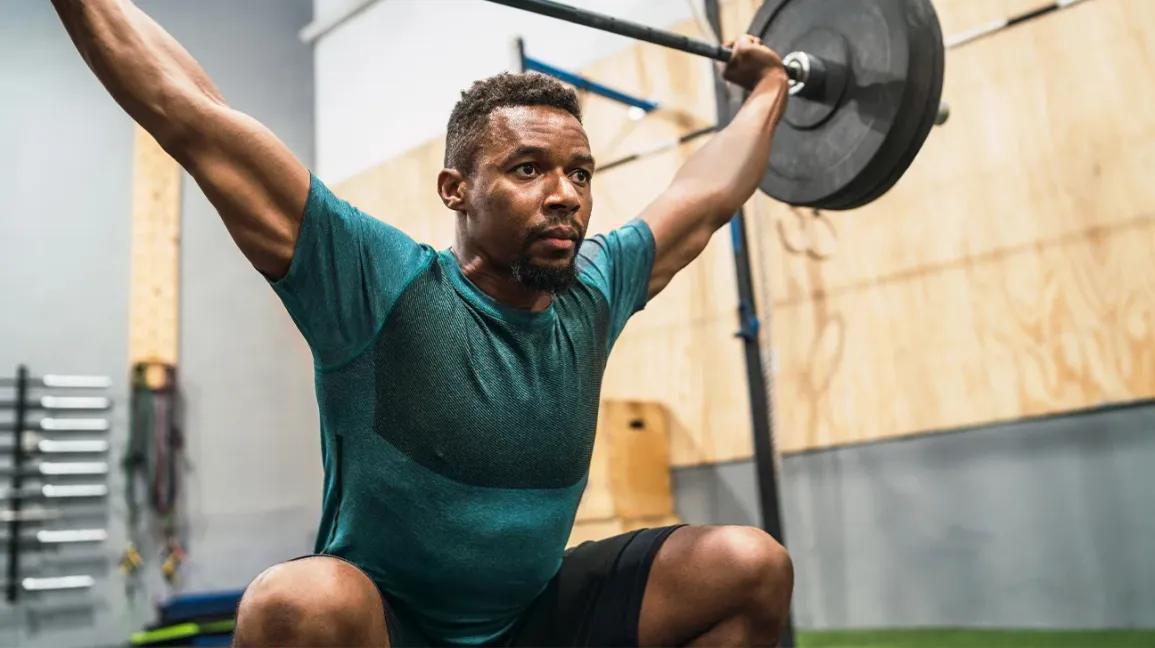Hydration is essential for optimal health and performance. Water, the primary source of hydration, plays a crucial role in numerous bodily functions, including:
- Temperature Regulation: Water helps regulate body temperature through sweating.
- Digestion: Water aids in digestion and nutrient absorption.
- Lubrication: Water lubricates joints and tissues, reducing friction and preventing injuries.
- Circulation: Water helps maintain blood volume, ensuring efficient blood circulation.
- Organ Function: Water is vital for the proper functioning of organs like the kidneys and liver.
Signs of Dehydration:
- Thirst
- Dry mouth
- Fatigue
- Headache
- Dizziness
- Dark urine
How Much Water Should You Drink?
The exact amount of water needed varies from person to person, depending on factors like activity level, climate, and overall health. However, a general guideline is to drink plenty of water throughout the day.
Tips for Staying Hydrated:
- Drink Water Regularly: Make water your primary beverage.
- Eat Water-Rich Foods: Fruits and vegetables like watermelon, cucumber, and strawberries can contribute to hydration.
- Listen to Your Body: Pay attention to thirst signals and drink accordingly.
- Stay Hydrated During Exercise: Drink water before, during, and after physical activity.
- Limit Caffeinated and Alcoholic Beverages: These can contribute to dehydration.
Hydration and Sports Performance:
Proper hydration is crucial for athletes. Dehydration can impair performance, increase fatigue, and raise the risk of heat-related illnesses. Athletes should:
- Hydrate Before Exercise: Drink water in the hours leading up to activity.
- Hydrate During Exercise: Sip water or sports drinks regularly.
- Replenish Fluids After Exercise: Drink water or electrolyte-rich beverages to replace lost fluids and electrolytes.
By prioritizing hydration, you can improve your overall health, enhance athletic performance, and maintain a vibrant, well-hydrated body.



